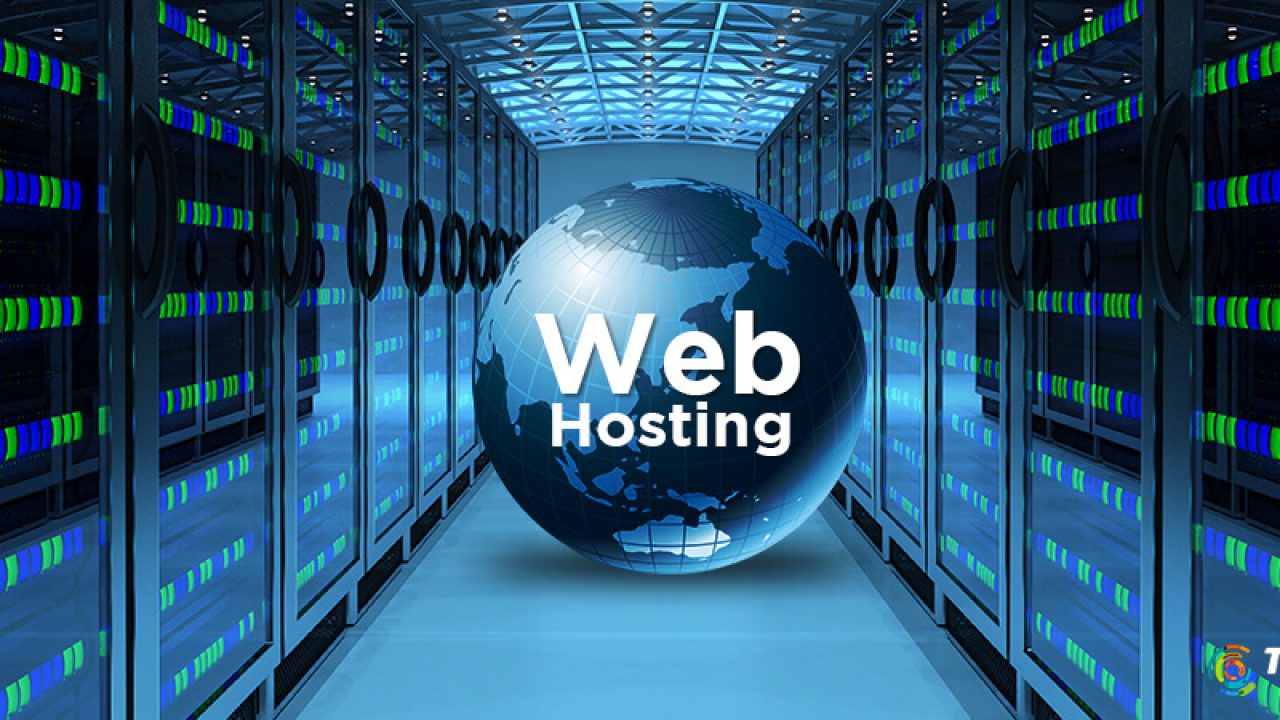Cloud migration is the process of moving your website hosting data and workloads from traditional on-premises infrastructure to a cloud computing environment.
Due to several cloud hosting benefits, more and more businesses are opting for cloud hosting services. Hence, it is important to carefully consider several benefits of cloud hosting and key factors before initiating the migration process.
Benefits of Cloud Hosting
One of the primary reasons businesses migrate to the cloud is to take advantage of the numerous benefits of a cloud server, which includes:
- Cost Savings: Cloud hosting removes the need for expensive hardware and infrastructure maintenance, reducing overall hosting costs.
- Scalability: Cloud hosting environments allow you to scale resources quickly based on your changing business needs, ensuring optimal performance and preventing over-provisioning or under-utilisation of resources.
- Increased Flexibility: With cloud hosting, you can access your data and applications from anywhere, enabling remote work and collaboration.
- Enhanced Security: Cloud hosting service providers typically offer strong security measures, like regular software updates and advanced threat protection, which can be challenging for small businesses to implement on their own.
Essential Things to Consider Before Cloud Migration
-
Assessing Your Business Needs
Before migrating to cloud hosting, it is important to find your business’s specific needs and readiness for the transition. This includes evaluating your current infrastructure, applications, and workloads to determine their compatibility with cloud environments.
Additionally, you should also consider the impact of cloud migration on your existing processes, workflows, and employee training requirements.
-
Choosing the Right Cloud Service Provider
Selecting the right cloud service provider is a critical factor in ensuring a successful cloud migration.
When evaluating potential providers, consider factors such as their service level agreements (SLAs), security measures, compliance certifications, and customer support offerings.
It is also important to assess the provider’s infrastructure and capabilities in terms of meeting your specific needs, such as data storage requirements and geographic location preferences.
-
Planning for Data Migration and Integration
Data migration is a crucial aspect of the cloud migration process, and proper planning is essential to ensure data integrity and minimise downtime. This involves identifying the data to be migrated, deciding the suitable migration strategy, and developing a migration plan.
Additionally, you must consider the integration of cloud-based applications and services with your existing on-premises systems and processes.
-
Developing a Cloud Security Strategy
While cloud service providers implement robust security measures, businesses must develop their own cloud security strategy to protect their data and applications.
This includes implementing access controls, data encryption, and regular backups, as well as establishing monitoring and incident response procedures.
-
Training and Change Management
Moving to the cloud brings big changes for employees. They need proper training to adapt. Explain cloud server benefits and provide hands-on training for new tools.
During the move to the cloud, have an open line of communication.
Let employees ask questions if they are confused or struggling with the changes. Listen to their concerns and get their feedback.
-
Cost Optimisation and Ongoing Monitoring
While Cloud Hosting can offer significant cost savings, it is important to monitor and optimise your cloud resources to avoid unnecessary expenses.
This includes regularly reviewing your resource utilisation, identifying and eliminating underutilised or idle resources, and implementing cost optimisation strategies.
Additionally, it is crucial to continuously monitor your cloud environment for performance, security and compliance issues and to implement automated monitoring and alerting systems to address any potential problems proactively.
Conclusion
By carefully considering these key factors before launching on a cloud migration journey, businesses can ensure a smooth and successful transition while maximising the benefits of cloud hosting for small businesses and minimising potential risks and disruptions.







